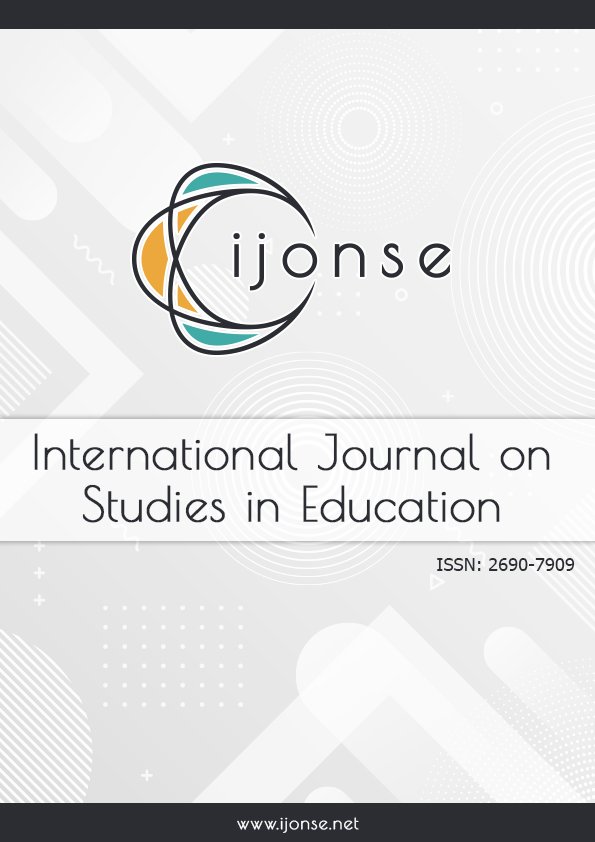Exploring Effective Teaching Approaches for English as a Foreign Language (EFL) Instructors: Best Practices and Future Directions
DOI:
https://doi.org/10.46328/ijonse.170Keywords:
English as a foreign language, University language teaching, Effective language teaching, Technology in language teaching, EFL teachersAbstract
The field of English as a Foreign Language (EFL) is expanding rapidly, with millions of students globally seeking to improve their English language proficiency. To meet the demand for effective EFL instructors, it is essential to possess a diverse range of skills, including knowledge of best practices in language teaching and an understanding of individual learner needs. This paper explores effective teaching approaches for EFL instructors at the university level in France, focusing on key practices and future directions in the field. The paper discusses the significance of effective EFL instruction, outlines the challenges instructors may encounter, and examines approaches such as communicative, task-based, intercultural approach and content-based language teaching. Additionally, the role of technology in EFL instruction is explored as a means of enhancing learning outcomes. Finally, the paper aims to highlight the importance of effective EFL teaching and to propose a roadmap for EFL teachers who wish to improve their teaching practice.References
Achieng, S.A. (2023). Exploring effective teaching approaches for English as a Foreign Language (EFL) instructors: Best practices and future directions. International Journal on Studies in Education (IJonSE), 5(4), 515-529. https://doi.org/10.46328/ijonse.170
Downloads
Published
Issue
Section
License
Articles may be used for research, teaching, and private study purposes. Authors alone are responsible for the contents of their articles. The journal owns the copyright of the articles. The publisher shall not be liable for any loss, actions, claims, proceedings, demand, or costs or damages whatsoever or howsoever caused arising directly or indirectly in connection with or arising out of the use of the research material.
The author(s) of a manuscript agree that if the manuscript is accepted for publication in the International Journal on Studies in Education (IJonSE), the published article will be copyrighted using a Creative Commons “Attribution 4.0 International” license. This license allows others to freely copy, distribute, and display the copyrighted work, and derivative works based upon it, under certain specified conditions.
Authors are responsible for obtaining written permission to include any images or artwork for which they do not hold copyright in their articles, or to adapt any such images or artwork for inclusion in their articles. The copyright holder must be made explicitly aware that the image(s) or artwork will be made freely available online as part of the article under a Creative Commons “Attribution 4.0 International” license.

This work is licensed under a Creative Commons Attribution-NonCommercial-ShareAlike 4.0 International License.





